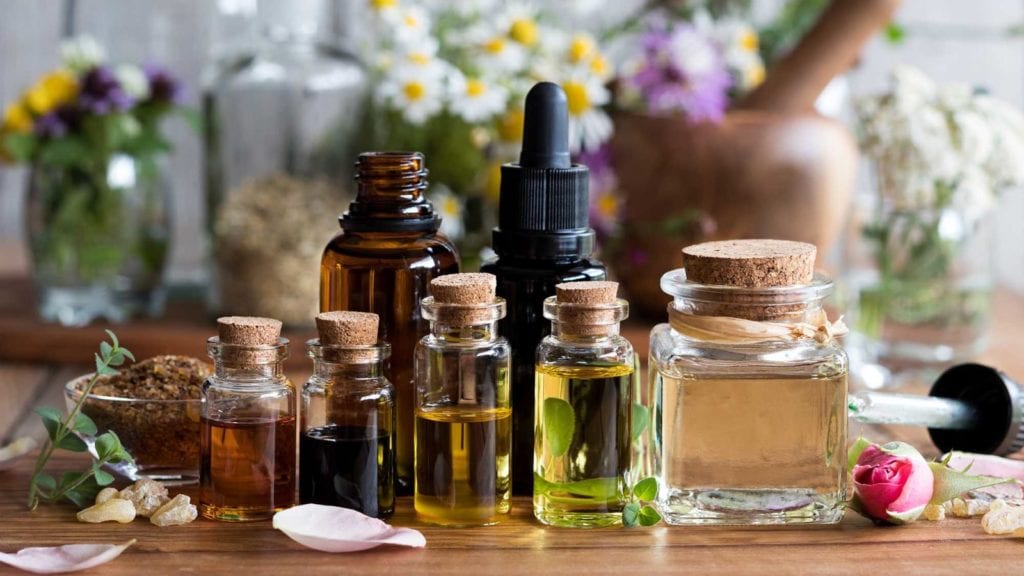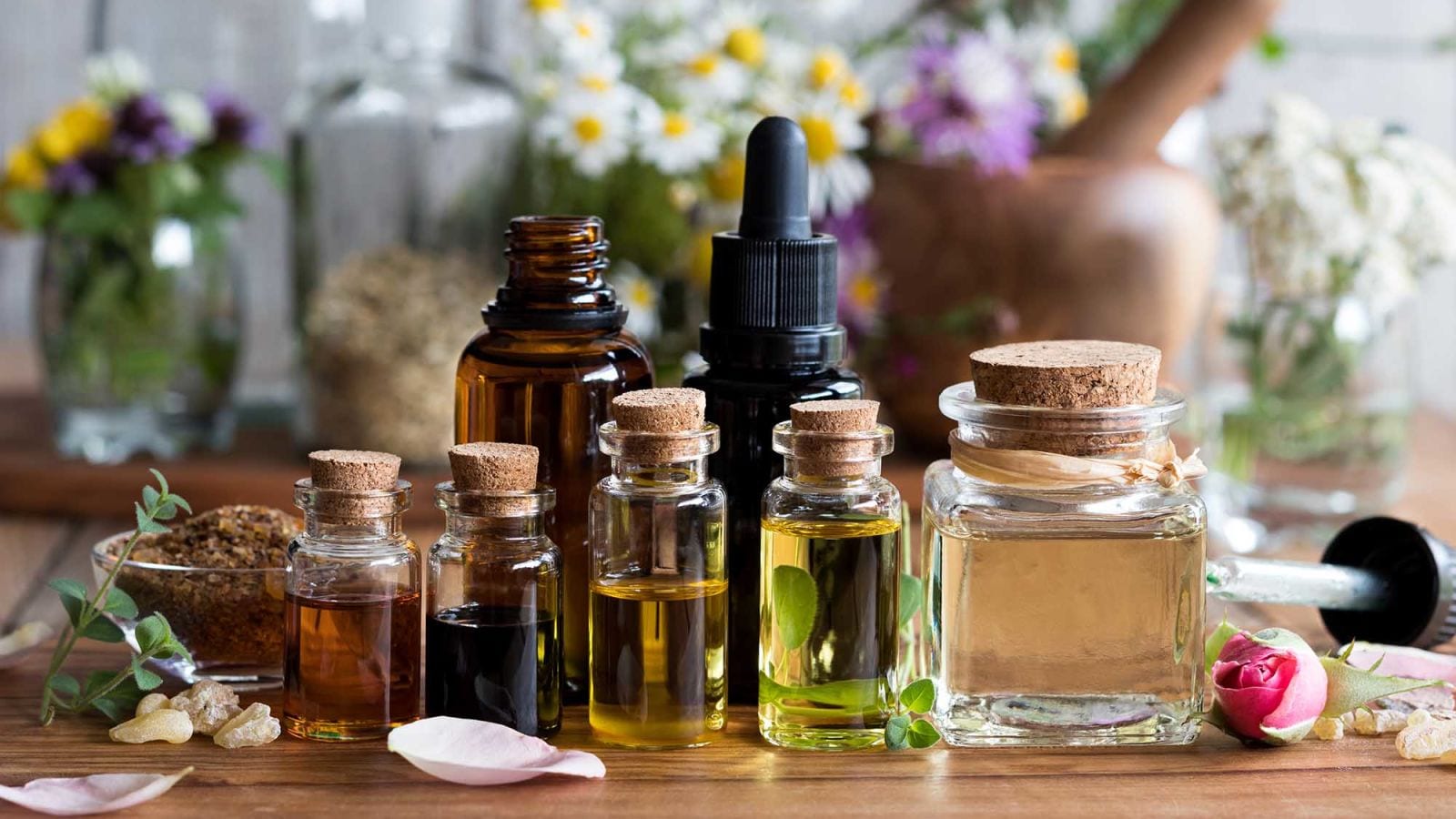
Success is important in society. Of course, the term success is relative, but, whatever you perceive to be an accomplishment, whether it be a degree of higher education or running a difficult marathon, achievements cannot be attained without focus. If we can center our attention on our projects, our training, and our education, we are much more successful.
That said, focusing isn’t easy for everyone and there are some people that have to work hard at it. Meditation, yoga, and exercise are some of the natural ways we can gain a greater attention span, but some people rely on pharmaceutical help.
Before you do that, it wouldn’t hurt to give aromatherapy a try. If you have never used essential oils and don’t know what Young Living diffusers are, don’t worry. We’re going to lay it out for you in the next few paragraphs.
What is Aromatherapy?
This term refers to healing via the application of essential oils, which are pure extracts of many different plants, berries, herbs, spices, and other natural products. One example is lavender oil, which is extracted from the flowers of lavender plants. Lemon essential oils are extracted from the rind of lemons, so on and so forth.
Each of the hundreds of essential oils available come with their own set of benefits, but not all of them help with focus. We made a list of the best essential oils for focus that comes later in the article.
How Will Aromatherapy Help Me Focus?
Essential oils have the ability to bring about good physical and mental health and well-being in one of these three ways.
Inhalation
This simply means to breathe it in, the aroma that is. When the compounds in the essential oils make their way into your nostrils and move through your system, they can solve all kinds of issues like depression and focus. There are several ways you can inhale your favorite essential oils.
Diffusers, as we mentioned above, are widely used in the aromatherapy world. You can also wear terracotta necklaces with a few drops of your essential oils or put some on a cotton ball and leave it on your desk.
Topical
Applying well diluted essential oils to different parts of your body like a lotion or perfume is a great way to reap the benefits. Oils like peppermint are great for muscle aches, but they are strong, so it is important to know how to dilute essential oils in a carrier substance before applying topically.
Some common carriers include fractionated coconut oil and avocado oil. In the context of focus, a well-diluted scent applied to the back of your neck and on your wrists is a great way to strengthen attention. If you use one of the oils we listed below, it could prove worthwhile.
Ingestion (Caution)
Some people consume essential oils internally, but we are here to say that, unless you are instructed to do that by a professional, you should avoid this method. Essential oils are volatile compounds, and they have benefits for a reason because they are powerful.
With power comes a certain level of risk so, when it comes to trying to obtain focus, you should stick to inhalation and topical applications for your own safety.
Essential Oils That Help with Focus
Incorporating aromatherapy into your life isn’t that difficult, especially when you think about how they are applied. Aromatherapy requires inhalation or topical application, so the oils will permeate your skin.
For focus, the method of inhalation would likely work best, although people also apply one or more of these scents to the back of their neck. This allows the aroma to envelop you at close range.
Diffusers are machines that break apart the essential oils, typically via ultrasonic technology, and they emit the molecules into the air for the user to breath. No matter how you inhale them, this list of essential oils can all help with your focus. We’ve added some other benefits to give you an idea of how versatile the benefits for each oil are.
- Lavender: this light floral scent also helps with insomnia and anxiety
- Vetiver: also used to aid arthritis, gout, and dryness of skin
- Rosemary: aids in digestion and boosts immunity
- Cedarwood: helps with hair growth and fights inflammation
- Peppermint: helps achy muscles and fights bad breath
- Cypress: stimulates circulation and used to treat varicose veins
- Lemon: helps with weight loss and reduces fever
- Patchouli: natural insecticide and relieves depression
- Ylang-ylang: antiseptic and antidepressant
- Clary sage: fights depression and spasms
- Frankincense: reduces scars and relieves stress
- Sandalwood: lowers blood pressure and boosts memory
- Lime: disinfects and eases infections
This is a long list and there should be an essential oil on it that appeals to you.
Risks
Before you purchase an oil, be sure you are familiar with the risks of that particular scent. While some are safe for all kinds of use, there are some like peppermint that can burn the skin if applied with poor dilution or alone.
As for inhalation, there are some that can cause a headache if used too frequently so it is important to research the time limits and/or restrictions for the essential oils you choose. The standard is three 20-30-minute intervals three times a day. Some scents are harmful to pets so research that before using it near your furry, feathered, or scaled members of your family.
Conclusion
Focus and the ability to help with it is one benefit in a sea full of the advantages found via aromatherapy. If you find that this practice does help your focus, then you should check out how diffusing these oils can aid with other common issues like depression and anxiety. We’re not saying it’s a cure for all, but there are some things aromatherapy is perfect for and helping you focus more is one of them.
